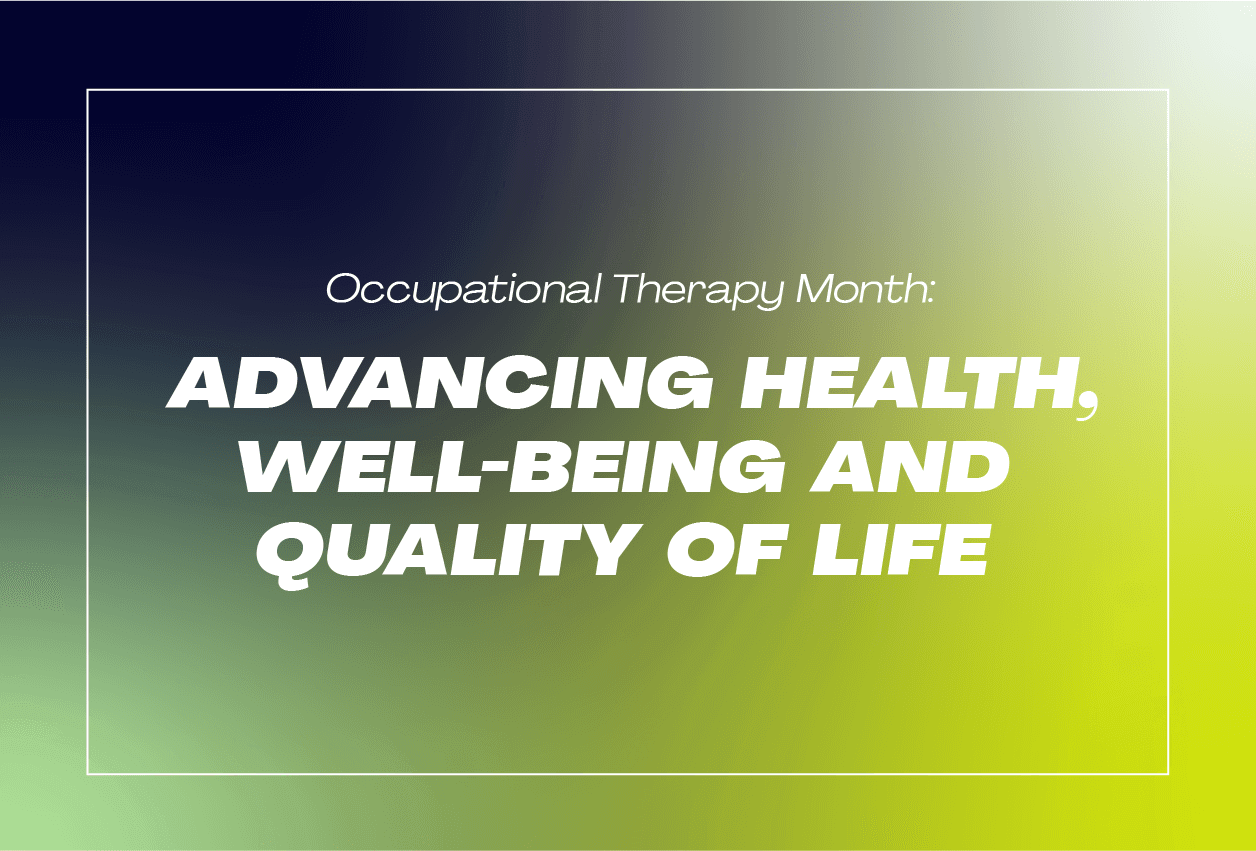By Rachel Lamb . 13/09/2016 · 4 Minute read
September is Blood Cancer Awareness Month and Your World Healthcare wants to help spread the word! We’ve all heard of cancer and the devastating effects it can have on a person, their family and friends, but do we know enough about blood cancer and what signs to look for?
There are 140 types of blood cancer of which 34,000 people in the UK are diagnosed with each year. The most common types are Leukaemia, Lymphoma and Myeloma and with this in mind, we want to outline some of the main symptoms to look out for…
Childhood Leukaemia
Symptoms in both adults and children will vary from person to person, but children may experience any of the following before diagnosis:
- Anaemia (caused by low red blood cell count), which can make your child persistently tired or fatigued, breathless even when inactive, dizzy or pale
- Low platelet count in the blood, which may make your child bruise easily even without knocks or bumps, bleed in unexpected places, such as from the nose or gums, petechial rash (round red or purple spots that appear on the skin, caused by bleeding underneath the skin)
- Infections, caused by a low white blood cell count. There may be no clear signs of infections but your child may also develop a fever
- Unexplained weight loss
- Other symptoms may include the swelling of the lymph nodes, stomach pain, bone pain, general poor health or night sweats
Leukaemia
The signs of Leukaemia are not always obvious so the disease can be difficult to diagnose instantly. However, once a doctor begins to suspect you may have Leukaemia, they will send you for testing as soon as possible. Not all of the following symptoms will be seen or felt, but you may experience:
- Fatigue, which causes persistent tiredness even after rest, breathlessness when inactive and chest pain
- Frequent infections that may not have obvious signs
- Unexplained weight loss or loss of appetite
- Bruising more easily or bleeding from unusual places, such as the nose or gums, or finding blood in your stools
- Swollen lymph node glands, which can be found in the neck, groin or armpits
Lymphoma
Lymphoma is rare and has symptoms that can be associated with less serious illnesses so it can take some time to diagnose. However, if you experience any of the following, you should see your doctor:
- Swollen lymph nodes, which can be in the neck, armpit or groin
- Chest or abdominal pain
- Bone pain
- Skin lumps
- Coughing or breathlessness when sedentary
Lymphoma also has a range of ‘B symptoms’, which include:
- A high fever
- Night sweats, which soak your nightclothes or bedding
- Unexplained weight loss in the last 6 months
Other symptoms for Lymphoma may include fatigue, which is persistent tiredness even after sleep or rest, and itching throughout your body or in one place.
Myeloma
There were 5,497 cases of myeloma cancer recorded in the UK in 2013. A staggering 77% of people diagnosed with myeloma survive for one year or more. Look out for the following potential symptoms:
- Too much calcium in the blood, which can cause nausea, loss of appetite, constipation, more frequent urination, dehydration, low energy, confusion or feeling dazed
- Renal kidney damage, which can cause itchy skin, nausea, impotence in men and fluid retention leading to breathlessness or swollen ankles
- Anaemia, causing breathlessness, tiredness or paleness
- Bone pain
Did you know that nearly 34,000 people were diagnosed with blood cancer in the UK in 2011? Of those 34,000, 12,245 people didn’t survive the disease. It’s not all bad news though – the survival rate for blood cancer has improved. For example, the survival rate for myeloma has quadrupled!
We can continue to improve these statistics by recognising and raising awareness for the symptoms of blood cancer. If you are experiencing any of the symptoms outlined above, please visit your GP as soon as possible. For more information, visit the Bloodwise website.









